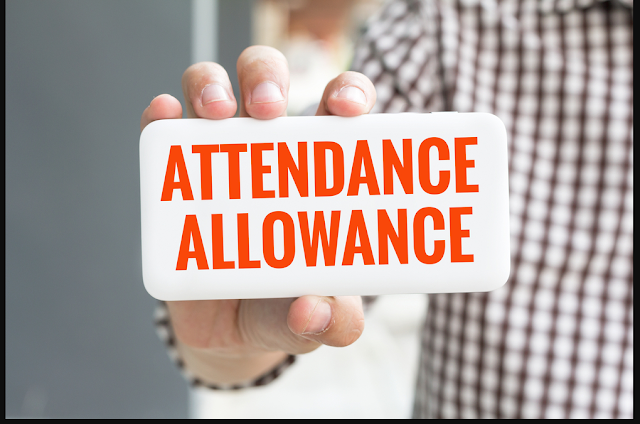4 Ways to Improve Your Cost Management Strategy
Managing a company's expenses can be a chore at best and a nightmare at worst. When you have staff reporting to you, the dilemma becomes much more difficult to solve.
Large corporations may have specialized accounting teams that can handle budget management as part of their day-to-day responsibilities. Cheap accountants in London will assist you in managing expenses that are required to keep the business running and help in the progress of your business.
1. Identify the fixed and variable costs.
Before you begin, have your accountant or CFO services firm print a list of all previous month's transactions, arranged by the vendor for easy reference. Then, next to each vendor, write "fixed" or "variable."
A variable expense, such as raw materials and direct labor, is one that is directly linked to sales. A fixed cost, on the other hand, is one that you incur regardless of whether or not you sell your goods or services; examples include rent, insurance, and administrative payroll.
Understanding the cost structure, especially the difference between fixed and variable expenses, is important because it makes planning, negotiating, and forecasting as simple as possible.
2. Use accounting software to enter the budget.
Many company owners already have a budget in place, but they haven't taken the time to enter it into their accounting software. This extra phase has the advantage of grabbing your current expenses as you incur them during the month and comparing them to your target in a budget-to-actual study. This study will direct you through the variance analysis process, which will guide your expense management strategy.
3. Develop a cost-cutting strategy
If you have the results of your budget-to-actual analysis, you will start deciding which line items to attack first in order to will your costs. Some companies tend to prioritize the accounts with the highest dollar amounts because they have the greatest effect on results. Others would rather deal with the real costs that differ the most from the budgeted costs.
Whatever choice you prefer, here are some practical suggestions for lowering your variable and fixed costs.
4. On a regular basis, inspect the expenses.
Conducting audits of the company's spending is a tried and tested strategy for detecting and eliminating excessive costs. The audit should focus on analyzing fixed or ongoing costs, such as phone bills.
bills or commuting expenses to see if there are any opportunities to save costs. It's all about searching for better offers on a regular basis and bargaining with suppliers and distributors to get a better offer that saves you money.




Comments
Post a Comment